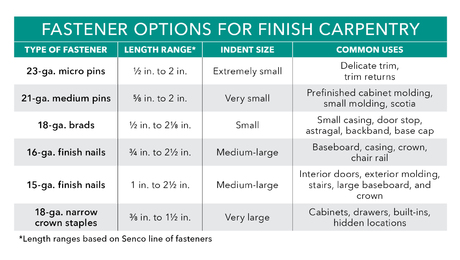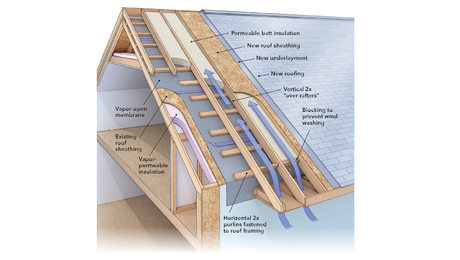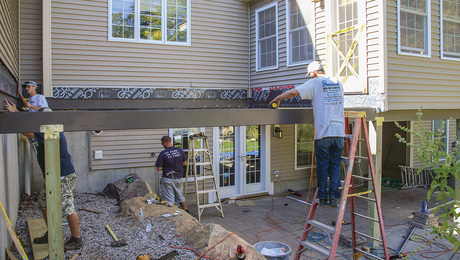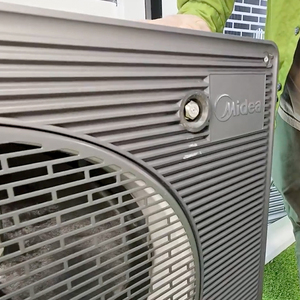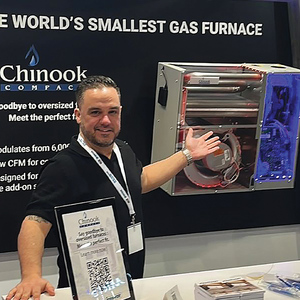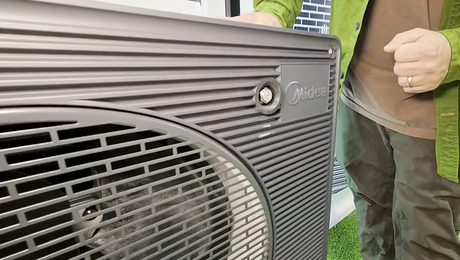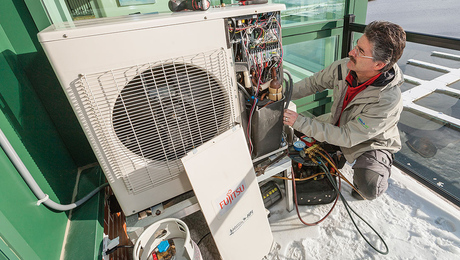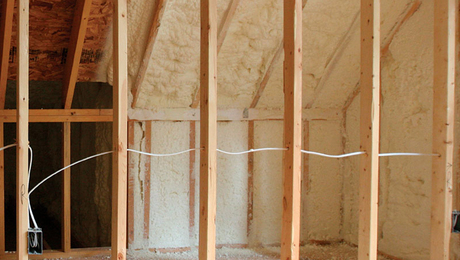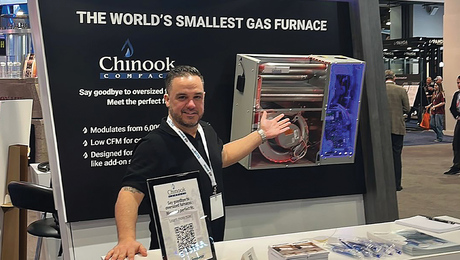Which Refrigerant?
As the industry phases out R-410A due to environmental regulations, new refrigerant options—R-32 and R-454B—offer lower global warming potential, but the best choice depends on your technician's training and familiarity with these newer systems.
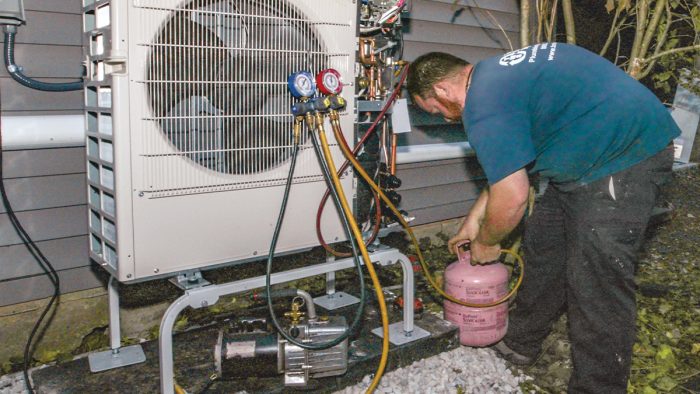
I need to replace my 12-year-old central air-conditioning system, so I got quotes from a few different contractors. Not surprisingly, the brand of air-conditioning equipment varies by contractor, but I would have expected all of them to use the same type of refrigerant. Instead, I’m told there are three to choose from: R-410A, R-32, and R-454B. I worry that if I pick the wrong refrigerant, future repairs will be impossible or cost a fortune. Which type should I choose?
— Jean Weber; Pawleys Island, S.C.
HVAC Expert Chris Hughes Replies:
There’s a reason you’re encountering multiple refrigerant choices. There are new rules, which went into effect in January 2025, that are meant to reduce the global warming impact of refrigerants like those found in residential and commercial heat pumps and air conditioners.
The new regulations, which are enforced by the EPA, replace refrigerants that have the greatest global warming potential (GWP) with other less-damaging versions. Specifically, R-410A is being phased out in favor of lower-GWP refrigerants—the two best known are R-454B and R-32. GWP is a measure of how much heat a greenhouse gas traps in the atmosphere over a specific time period, typically 100 years. R-410A has a GWP of 2088, indicating a far greater contribution to global warming than R-454B (which has a GWP of 466) or R-32 (which has a GWP of 675).
A Greener Class of Refrigerants
This is not the first time the HVAC industry has navigated a refrigerant switchover. When I started as a technician, R-22 was the most widely used refrigerant for residential use, but in the 2010s it was replaced with R-410A because of R-22’s ozone-depleting properties. (R-410A has a higher GWP than R-22, but it is less damaging to the earth’s protective ozone layer, which prevents harmful solar radiation from reaching lower levels of the atmosphere.)
The newest class of refrigerants, described as A2Ls, have lower GWPs and don’t damage the ozone layer, but they are “mildly flammable.” Of course, it sounds bad to have flammable gas inside your HVAC system, so you may be wondering what happens if a heat pump or AC system develops a leak. Would it fill the ductwork with flammable gas? Probably not.
Equipment manufacturers have taken steps to make A2L equipment safer and more fire-resistant. There are different variations of how this works, but simply put, when a refrigerant leak is detected by a sensor, the equipment shuts down the heating or refrigeration cycle and runs the blower fan at full speed. These measures dilute the refrigerant with indoor air, lowering its flammability.
More to Consider
I don’t think I would install an R-410A system, for the reason you alluded to in your question. When refrigerant switchovers happened in the past, the older refrigerants remained available for years or decades, but they grow increasingly scarce, which makes repairs expensive—so much so that a system replacement may be a more cost-effective option.
So which A2L refrigerant should you get in your new system? In my opinion, the decision should be based on the training and preference of the technicians installing the equipment. In my area and many others, regulations don’t require contractors or their employees to stay up to date on refrigerants, but I would want to know that the installation techs have sufficient training to safely handle the new refrigerants and make sure the system is installed correctly.
And as with any HVAC system installation, make sure the contractor you choose has done an accurate load calculation with proper equipment sizing and that the system is properly commissioned after it’s fully installed (see my article “Maximize HVAC Efficiency” in FHB #320).
Photo: Patrick McCombe
From Fine Homebuilding #329
RELATED STORIES
Need help?
Do you have more questions about how to choose the right refrigerant for your AC unit or something else? Get answers you can trust from the experienced pros at FHB. Email your question to [email protected].

